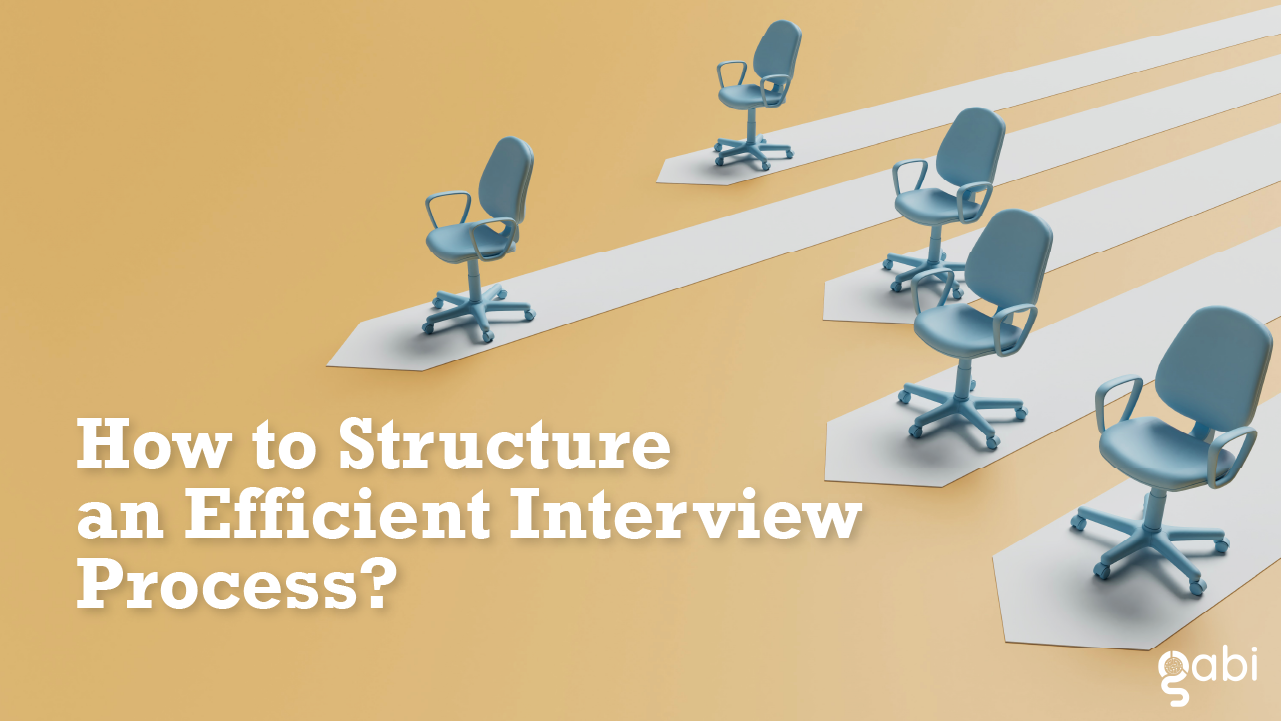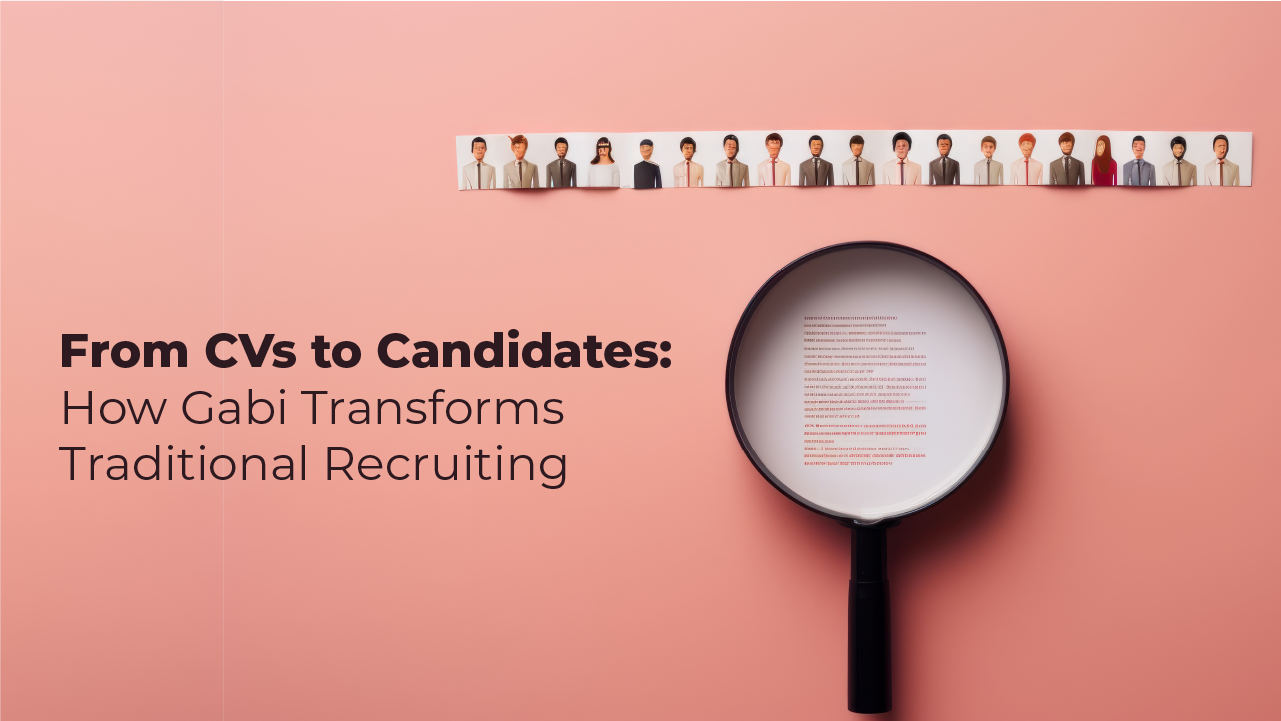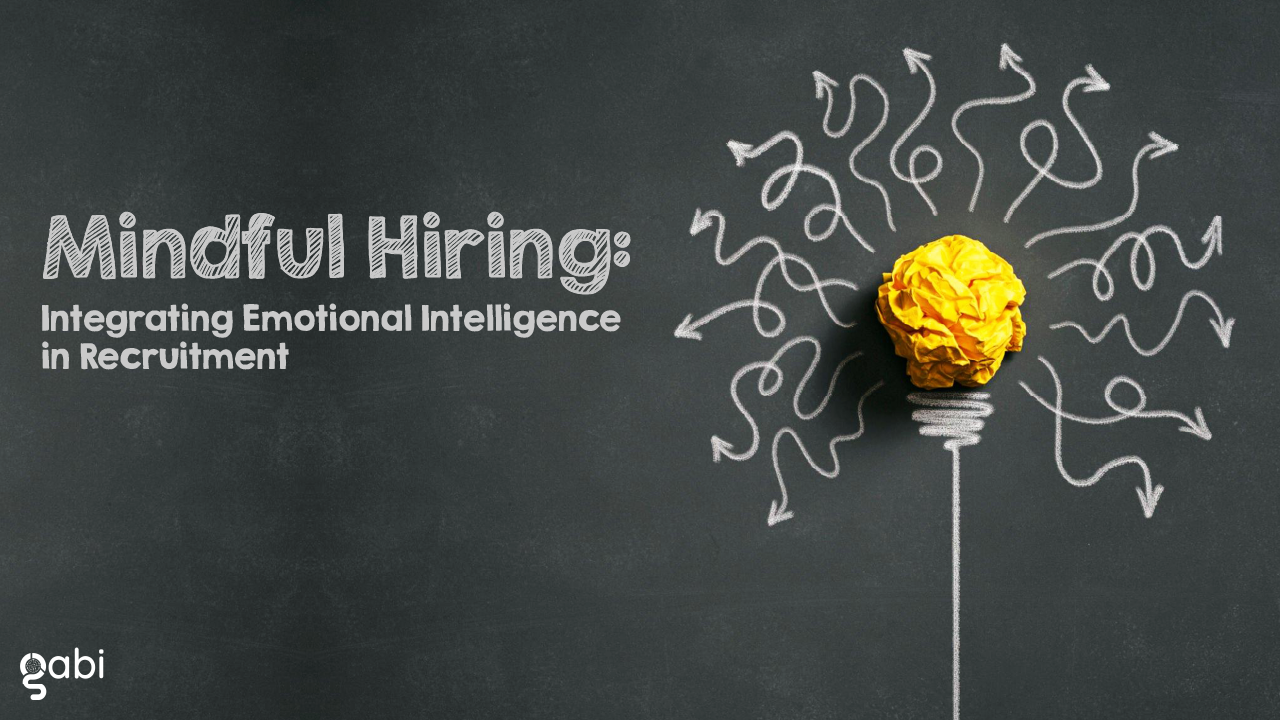In the world of hiring, a smart interview process is key to finding the right candidates for your team.
Whether we’re talking about in-person interviews or even phone interviews, crafting the right framework that ensures consistency can be a bit of a challenge. Thorough evaluation and positive candidate experience are crucial aspects of the job interview process.
In this article, we’ll walk you through the key elements of building an efficient job interview process from start to finish.
Selecting the Right Interview Panel
Your interview panel is the cornerstone of your hiring process. It’s essential to select the right individuals who can contribute to a well-rounded evaluation of candidates. Typically, this includes the hiring manager, team members, and perhaps someone from HR.
Each panel member should bring a unique perspective to the evaluation process, focusing on specific competencies, cultural fit, and job requirements.
Designing a Consistent Interview Framework
Consistency is key if you want the interview process to flow with minimal effort. Designing a consistent interview framework ensures that all job candidates are assessed using the same criteria.
Utilize standardized questions, evaluation rubrics, and a structured format for each interview. This minimizes bias and ensures fairness during and after your job interviews.
Creating a Clear Job Description
Before you start any job interview, it’s crucial to have a clear and comprehensive description of your job offer. A description serves as the foundation for both the job candidate, hiring manager, and fellow team members.
It helps to set clear expectations and provide a well-defined scope of the job opening before the first interview. Everyone needs to agree on what the job involves.
Behavioral Interview Questions
Using behavioral interview questions is a great way to understand how a candidate’s past behavior can give us clues about their future performance on the job. These questions encourage candidates to share examples of how they managed situations in their past jobs.
Behavioral questions during the screening interview should focus on real experiences and help to assess a candidate’s problem-solving skills, adaptability, and ability to work with a team.
Technical Interview Questions
For technical roles, technical interview questions are a must. Regardless of whether you’re conducting an in-person interview or an online one, ensure that the interview panel is well-prepared to ask relevant technical questions that assess the candidate’s proficiency in the required technical skills.
The questions during the one-on-one interview should be tailored to the specific role and should include coding challenges, problem-solving scenarios, and questions that delve deep into the candidate’s expertise.
Competency-Based Interviews
Competency-based interviews are all about evaluating the exact skills and capabilities needed for the job. To conduct these interviews effectively, develop a set of questions that target the key competencies relevant to the position.
These questions enable candidates to showcase their past experiences in demonstrating these competencies. Additionally, conducting a comprehensive background check is a crucial step to ensuring a candidate’s suitability.
Assessment Criteria and Rating Scales
Establish clear assessment criteria and rating scales to evaluate candidates consistently. This ensures that all interviewers are aligned in their assessments, making it easier to compare candidates objectively.
Make sure these criteria match the job requirements and the skills you’re assessing. Your hiring manager should use AI-powered software to fulfill this task for optimal efficiency and to save time.
Interviewer Training and Preparation
Properly train and prepare your interviewers to ensure they are equipped to conduct effective in-person or online interviews. Training should include an understanding of the organization’s values, the job description, and the interview format.
Interviewers should be well-prepared to ask the right questions, assess candidates accurately, and maintain professionalism and objectivity throughout the process.
Streamlining the Interview Schedule
Effective interview scheduling is a vital part of the interviewing process. Using a mobile app or scheduling software can help streamline the job interview schedule. It allows you to set up meetings, send automated follow-up emails, and ensure a smooth and timely interview process.
This not only makes the process quicker but also ensures a good experience for both candidates and interviewers.
Candidate Experience and Communication
The candidate’s experience is a crucial element of the interview process. Effective communication with candidates is vital. Provide clear and timely communication regarding the interview steps, timeline, and expectations.
Using a mobile app to send SMS messages, schedule phone calls, and automate follow-up emails can help keep candidates informed and engaged from the screening interview all the way to the final interview.
Post-Interview Evaluation and Debrief
After each interview, it’s important to conduct a post-interview evaluation and debrief with the interview panel. This discussion allows interviewers to share feedback, assess the candidate’s performance, and determine their fit for the role.
This step is crucial for making decisions and ensuring that you pick the best candidates.
Conclusion
In conclusion, structuring an efficient interview process is a fundamental part of the hiring process. It ensures that your organization identifies the best-fit candidates who align with the job requirements and the company culture.
Stay ahead in the competitive talent acquisition landscape by embracing structured interviews and effective candidate evaluation. For enhanced efficiency, consider leveraging AI-powered tools and solutions like Gabi to further optimize your interview process.





